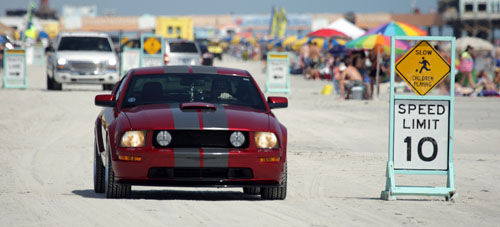After a crash, you must be very careful about speaking with an insurance adjuster as any misstep can prove costly. To ensure that your best interests remain a priority, approach the situation from a place of professionalism and respect. Do not accept blame for the accident or make broad admissions of fault; instead, stick to the facts and remain honest but brief.
Similarly, do not agree to provide a recorded statement without first consulting with an attorney — these can easily be used against you in court. If you do decide to proceed without an attorney present, remain courteous and answer questions directly so that no misunderstandings occur. Ultimately, following these simple steps will help protect your rights during such a vulnerable time.
Don’t Answer an Insurance Adjuster’s Questions Without a Lawyer
Following a crash, it is important to remember that the insurance adjuster’s job is to protect the company for whom they work. Even if the adjuster seems friendly and helpful, their questions could be used against you in a court of law. It is therefore prudent to never answer an insurance adjuster’s questions without first speaking with an experienced lawyer.
A lawyer can help make sure that you are not providing more information or making larger offers as part of any settlement than you are entitled to by law. Seeking legal advice before entering into negotiations with an insurance adjuster will ensure that your rights are protected, and your interests remain at the top of mind.
Don’t Provide a Recorded Statement Alone
After being involved in a crash, it can be very stressful trying to determine what to do next. It is important to remember that you should never give a recorded statement alone after a crash – no matter how hospitable the other party or their insurer may appear.
The representatives from the other side are skilled at gathering and interpreting any inaccurate or incorrect statements you make which could be used against you in a claim for damages or even for an insurance fraud investigation. Thus, if at all possible, it’s best to have an attorney present who can explain your rights and prerogatives as well as help ensure you understand the questions before providing any information in response.
Don’t Tell an Insurance Adjusters You Apologized After a Crash
After being involved in a car crash, it is easy to become overwhelmed and confused. One automatic reaction may be for the at-fault driver to apologize for the incident. However, apologizing to an insurance adjuster can hurt your credibility and potentially lessen your chances of getting full coverage from your insurance policy.
It is important to remain professional and objective when discussing the details with an insurance adjuster by avoiding hostile tone and language, refraining from guessing causes of the crash, and not admitting any fault. By doing this, you improve your odds of receiving the settlement you are entitled to in order to recover damages associated with your case.
At The Law Offices of Ron Sholes, P.A., we care about your best interests. Let us help you seek the compensation you deserve when you need it most. Our car accident lawyers are ready to help.





